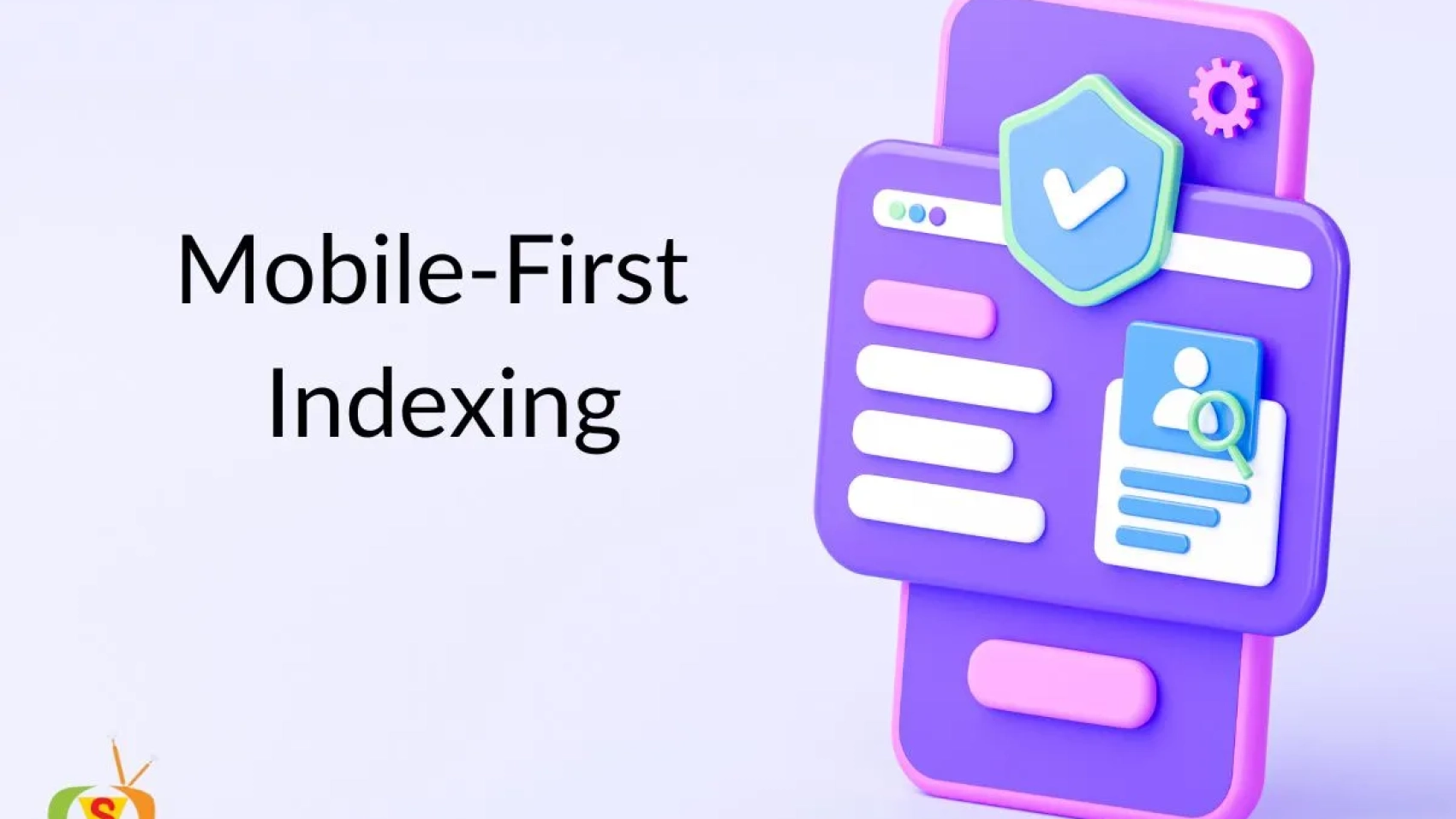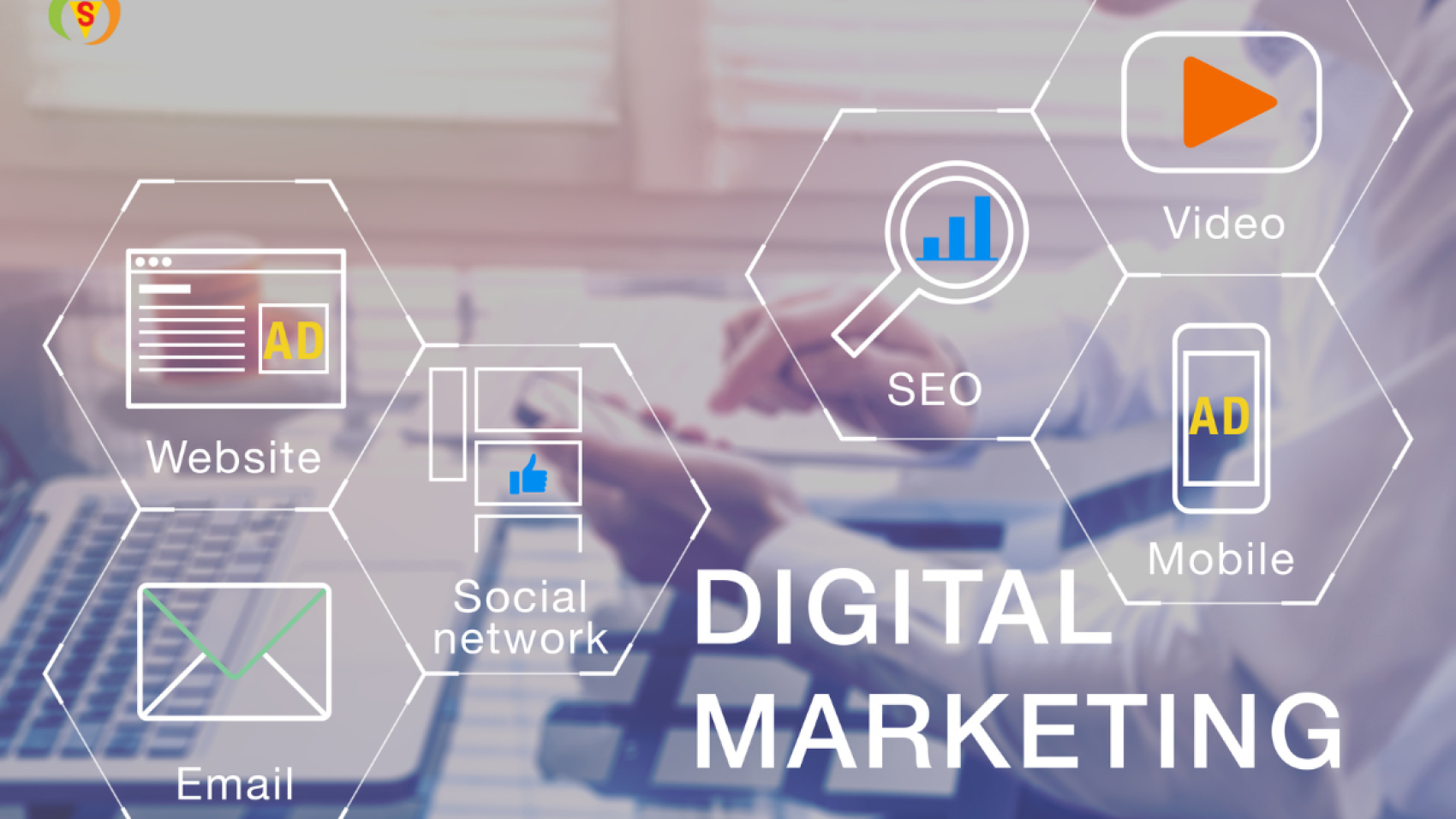Mobile first indexing has become a reality in today’s world of internet marketing and it has brought out Modern SEO techniques completely. As the world’s users continued to access the internet especially using their mobile devices, Google realized an important milestone for the ranking of websites in a manner that preferred the mobile versions as opposed to desktop versions. Such a shift in the market has made firms and marketers to change their SEO strategies to achieve visibility and survive.
In this article, we will explain how it changed the ranking game and why mobile-first indexing needs to be taken seriously if you want to get all the SEO goodness for ranking. Also, we will also discuss why you should seek the help of a digital marketing agency to survive the competitive world of SEO.
What is Mobile-First Indexing?
Mobile-first indexing means that Google chooses the mobile version of the content when rating websites for the search result page. It does not mean, though, that the desktop version is completely disregarded, but a poorly developed mobile version of your site can actually do harm to your overall standing. Google is now giving priority to customer experience for mobile site visitors in its ranking factors.
How Mobile-First Indexing Changed Ranking Strategies
1. It Began to Make Mobile Optimization Essential
In this case, sites with mobile-first indexing can no longer afford to ignore the importance of mobile optimization. It is clear that if websites are not mobile friendly, then they suffer a big downgrade.
Here’s how it affects your ranking strategy:
Responsive Design is Critical: Website that are mobile friendly are optimised for all devices to support the user experience and is now a ranking factor with Google.
Faster Loading Times: Speed is essential. If you site takes to long to load from a mobile device, you will likely start losing your visitors and potentially your rankings as well.
Simplified Navigation: The main advantage of a mobile site is leading through which people access what they need with a limited amount of actions.
Currently, mobile optimization is crucial to execute in any contemporary SEO plan and tends to guarantee the availability and high ranking of the sites.
2. The alignment in content for mobile and desktop
With mobile first indexing, the content shown to a mobile user should be similar to that of a desktop user so that they don’t affect the rankings negatively.
This shift has forced marketers to:
Focus on Core Content: Check that every piece of content that a user is missing on a desktop version is visible in the mobile version. This is so because having some important information missing or concealed from the public will definitely have an adverse effect on your ranking.
Optimize for User Intent: Public awareness of how users in mobile devices interact with content has emerged as essential. People believe that timely, simple, and brief knowledge is found in smartphone searches. This behavior can be catered for by changing the shapes of the content and would improve the reputation and ranking of the sites.
In other words, when optimizing your articles for mobile and desktop, you avail yourself of the SEO for ranking of your content, making it easier to be viewed across the gadgets.
3. Ahead Of Time Mobile User Experience (UX)
Mobile-first indexing is one of the reasons you will hear mentioned user experience (UX).
Google considers how easily mobile visitors can interact with your website, including factors like:
Touch-Friendly Design: Navigation must work seamlessly while all navigational tools such as links, buttons, and Other web interactives must be touch friendly.
Avoiding Pop-Ups: The pop-ups that interfere with the users who are browsing through their mobile devices can trigger penalties since Google values users’ experience with such formats.
Clear Visual Hierarchy: Screens on portable devices are generally smaller, therefore information presented should be presented in small headlines, clear and easily distinguishable font and adequate space between lines.
Enhancing the mobile UX has extended its role as a direct determinative factor in the evolution of today’s SEO outcomes, users’ attraction and ranking relevancy.
This article will present the reasons why you need to hire a digital marketing agency for mobile-first SEO.
With every passing day, SEO also transforms and understanding how best to approach mobile-first indexing can at times be tricky especially for firms that have not dealt with technical SEO before. This is why hiring a digital marketing agency can be a real game changer.
Here’s why:
Expertise in Mobile-First SEO: Digital marketing agencies monitor Google’s algorithm updates and can guarantee that your site meets the quickly shifted mobile-first perspective.
Comprehensive Audits: An agency can do a more rigorous check of your website to see the problems that it experiences when it is mobile, whether in terms of speed or layout and content.
Tailored SEO Strategies: Agencies opt for personalized SEO services, which are matched to give the best ranking on both, mobile and desktop versions.
One of the most effective tools for achieving these goals is investing in a professional team that will show you how to get the maximum from SEO potential in terms of ranking and allow to remain relevant in today’s mobile-first environment.
In other words, when optimizing your articles for mobile and desktop, you avail yourself of the SEO for ranking of your content, making it easier to be viewed across the gadgets.
- Ahead Of Time Mobile User Experience (UX)
Mobile-first indexing is one of the reasons you will hear mentioned user experience (UX). Google considers how easily mobile visitors can interact with your website, including factors like:
Touch-Friendly Design: Navigation must work seamlessly while all navigational tools such as links, buttons, and Other web interactives must be touch friendly.
Avoiding Pop-Ups: The pop-ups that interfere with the users who are browsing through their mobile devices can trigger penalties since Google values users’ experience with such formats.
Clear Visual Hierarchy: Screens on portable devices are generally smaller, therefore information presented should be presented in small headlines, clear and easily distinguishable font and adequate space between lines.
Enhancing the mobile UX has extended its role as a direct determinative factor in the evolution of today’s SEO outcomes, users’ attraction and ranking relevancy.
This article will present the reasons why you need to hire a digital marketing agency for mobile-first SEO.
With every passing day, SEO also transforms and understanding how best to approach mobile-first indexing can at times be tricky especially for firms that have not dealt with technical SEO before. This is why hiring a digital marketing agency can be a real game changer. Here’s why:
Expertise in Mobile-First SEO: Digital marketing agencies monitor Google’s algorithm updates and can guarantee that your site meets the quickly shifted mobile-first perspective.
Comprehensive Audits: An agency can do a more rigorous check of your website to see the problems that it experiences when it is mobile, whether in terms of speed or layout and content.
Tailored SEO Strategies: Agencies opt for personalized SEO services, which are matched to give the best ranking on both, mobile and desktop versions.
One of the most effective tools for achieving these goals is investing in a professional team that will show you how to get the maximum from SEO potential in terms of ranking and allow to remain relevant in today’s mobile-first environment.
To sum up the mobile-first indexing was a major shift in terms of how sites are ranked meaning that a key point to consider in modern SEO is mobile-friendly website and user experience. Companies that are willing to align themselves with this change so that their mobile websites are fast, responsive and use friendly will be the biggest beneficiary of this changes in internet marketing for SEO ranking operations. If you want to predict or adapt to these changes, one must consult with a professional team and hire a digital marketing agency to make sure your website succeeds in the mobile first world.
In adopting these strategies as being mobile first you will be devising a better online presence that will make you be relevant in the new SEO world.











